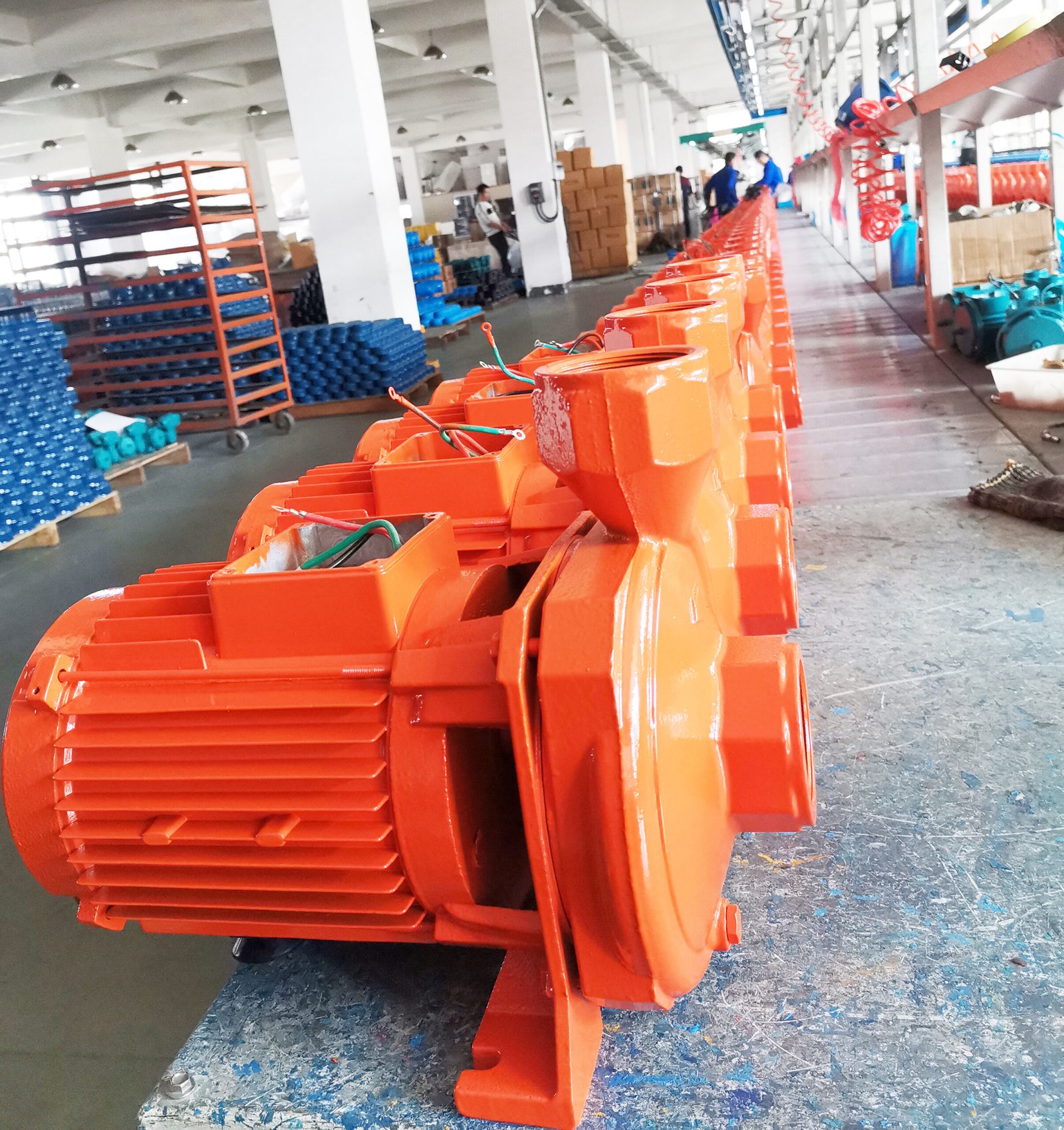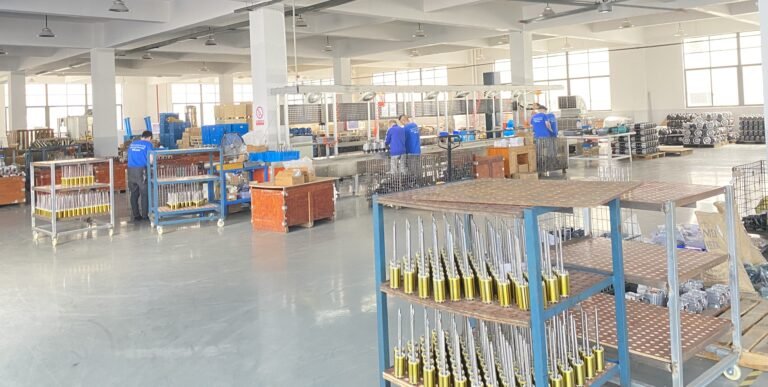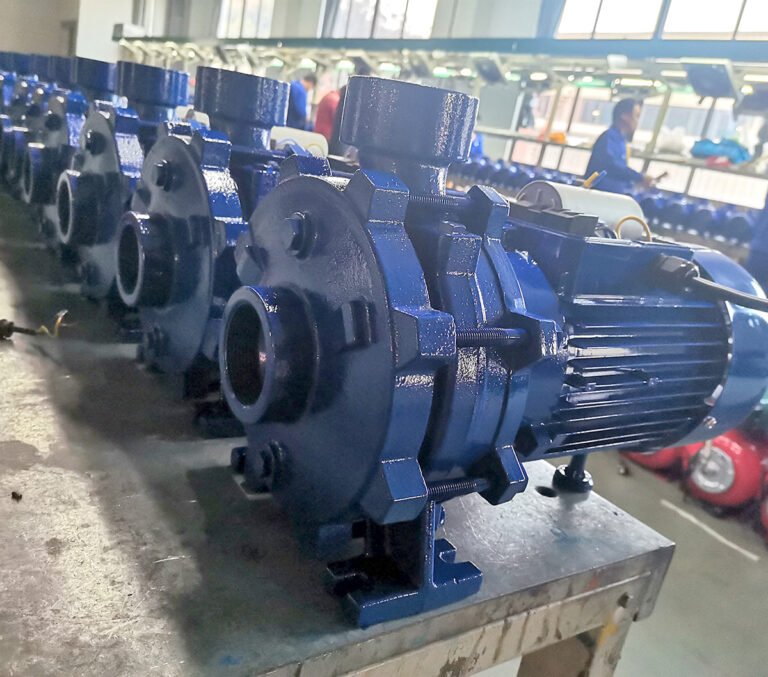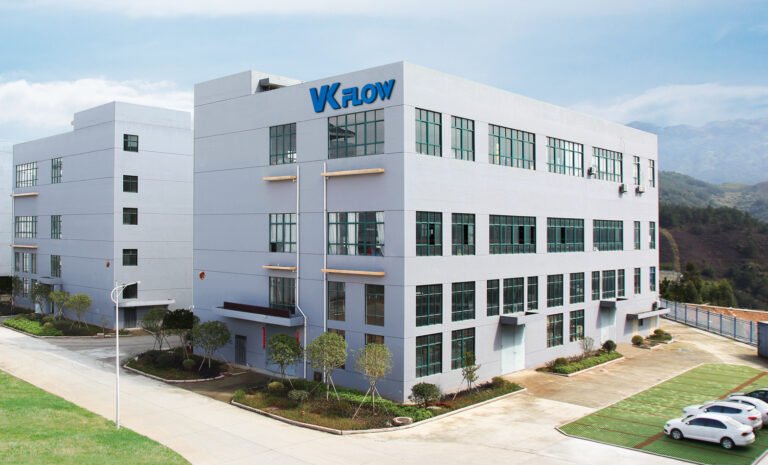Key Factors to Consider When Choosing a Centrifugal Pump for Your Business
Key Factors to Consider When Choosing a Centrifugal Pump for Your Business
When it comes to industrial water pumping systems, centrifugal pumps are among the most commonly used and versatile solutions. These pumps are suitable for a wide variety of applications, including water transfer, irrigation, and chemical processing. However, choosing the right centrifugal pump can be a challenge, as there are several factors that can impact performance, efficiency, and long-term reliability. In this blog post, we will discuss the key considerations for selecting the perfect centrifugal pump for your business needs.
1. Understand the Flow Rate and Head Requirements
Before purchasing a centrifugal pump, it’s essential to understand the flow rate and head requirements of your system.
- Flow Rate: This refers to the volume of water that needs to be pumped per unit of time. The flow rate is often expressed in gallons per minute (GPM) or liters per second (L/s). Make sure that the centrifugal pump you select can meet the required flow rate for your application.
- Head: The head refers to the height that the water pump needs to lift the water. It’s a critical factor in determining the type of centrifugal pump you will need. Calculate the total dynamic head (TDH), which includes the vertical lift, friction losses, and any other resistances in the system. This will help ensure that the pump operates effectively.
2. Efficiency and Energy Consumption
Efficiency is one of the most important factors when selecting a centrifugal pump, especially for businesses that rely on large-scale water pumping systems. A more energy-efficient centrifugal pump will reduce electricity consumption and operating costs.
Look for centrifugal pumps that are designed for high efficiency with low energy consumption, as these will save you money over the long term. High-efficiency pumps are particularly crucial in industries like manufacturing, agriculture, and water treatment, where large volumes of water are moved regularly.
3. Material Selection and Durability
The material of the centrifugal pump plays a significant role in its longevity and performance. When selecting a pump, ensure that the materials used in construction are suitable for the specific fluids being pumped and the operating conditions.
- Stainless Steel: Often used in corrosive environments, stainless steel centrifugal pumps offer excellent durability and resistance to rust and corrosion.
- Cast Iron: Cast iron is commonly used for centrifugal pumps in standard applications and offers great strength and affordability.
- Plastic: For applications involving non-corrosive fluids, plastic centrifugal pumps are lightweight and resistant to certain chemicals.

The right material will help increase the lifespan of your centrifugal pump and ensure that it performs reliably over time.
4. Impeller Type and Pump Performance
The impeller is one of the most crucial components of a centrifugal pump, as it is responsible for moving the water. There are several types of impellers to choose from, each providing different performance characteristics.
- Closed Impeller: This type of impeller is fully enclosed and is highly effective for handling solids and ensuring high performance.
- Open Impeller: An open impeller is typically used for applications involving clean fluids, offering high efficiency and simple construction.
- Semi-Open Impeller: A semi-open impeller offers a balance between the closed and open types, making it a good choice for pumping liquids with low to medium levels of solids.
Choosing the right impeller type for your application is critical for achieving optimal centrifugal pump performance.
5. Maintenance and Serviceability
Regular maintenance is crucial for the long-term performance of your centrifugal pump. Before purchasing, consider the ease of maintenance and the availability of replacement parts. A centrifugal pump that is easy to service will reduce downtime and extend the life of the pump.
- Lubrication: Ensure that the pump has adequate lubrication points to reduce wear on moving parts.
- Seals and Bearings: Check the condition of seals and bearings, which should be inspected regularly for wear and tear.
Opting for a centrifugal pump that is easy to maintain and service will help keep your system running smoothly.
6. Pump Size and Installation Considerations
Choosing the right centrifugal pump also involves considering the physical size and installation requirements. Make sure the pump fits into your system and has adequate space for any necessary connections and maintenance access.
Before purchasing, consult with a professional to ensure that the centrifugal pump is the right size for your specific application and installation environment.
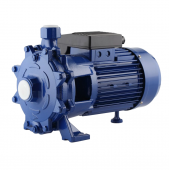
Conclusion
Selecting the right centrifugal pump for your business is a critical decision that will impact the efficiency, cost, and longevity of your water pumping system. By considering factors such as flow rate, head requirements, efficiency, materials, impeller type, and ease of maintenance, you can ensure that your centrifugal pump meets your needs effectively.
At Weijind Water Pumps Company, we offer a wide range of high-quality centrifugal pumps designed for various industrial applications. Visit www.kxhweijing.com to learn more about our products and get expert advice on selecting the right water pump for your business.

